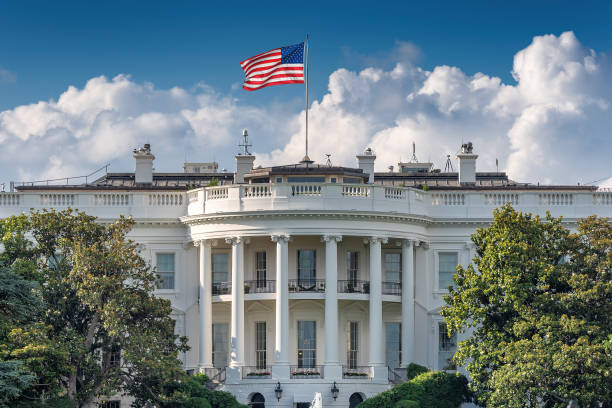The power of the presidency has expanded significantly over the past few decades, leading to concerns about executive overreach and the erosion of the separation of powers. While the executive branch was designed to be co-equal with the legislative and judicial branches, the modern presidency has increasingly wielded unilateral authority, often bypassing Congress to implement policies through executive orders and actions.
This trend has been observed across both Democratic and Republican administrations, with each president pushing the boundaries of executive power. Critics argue that this concentration of power in the hands of the executive undermines the system of checks and balances that is fundamental to American democracy. Executive orders, in particular, have become a tool for presidents to enact significant policy changes without the input of Congress.
The consequences of executive overreach are far-reaching. It sets a dangerous precedent for future administrations, allowing them to bypass the legislative process and impose their will on the nation. This has led to increased polarization and instability, as each new administration seeks to undo the actions of its predecessor through its own set of executive orders.
The issue of executive overreach is not just a matter of legal or constitutional concern; it also has real-world implications for the lives of everyday Americans. Policies implemented through executive action can have profound effects on issues such as healthcare, immigration, and environmental regulation. When these policies are enacted without the scrutiny and debate of the legislative process, it raises questions about their legitimacy and long-term sustainability.
As the power of the presidency continues to grow, it is essential for Congress and the judiciary to assert their roles as co-equal branches of government. The balance of power must be restored to ensure that the executive branch does not become an unchecked force in American politics.


